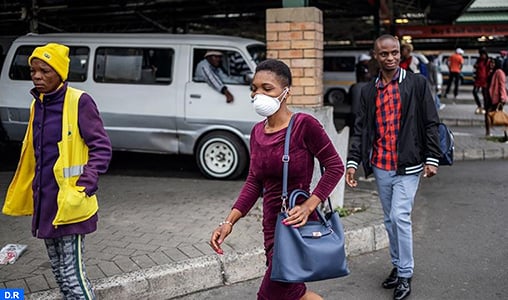Despite ongoing efforts, South African health authorities have made minimal progress in combating tuberculosis over recent years, casting doubt on the goal of eradicating this deadly disease by 2030. This alarming outlook was shared by the Bill & Melinda Gates Foundation on Monday.
“With tuberculosis claiming 148 lives and infecting over 760 individuals daily in South Africa, the country must intensify its efforts to mitigate this significant public health issue,” stated Yogan Pillay, the foundation’s director of HIV and TB programs.
Pillay emphasized that without strong political will and enhanced efforts to meet the government’s targets, mobilizing the necessary resources and implementing essential measures to combat tuberculosis will be challenging.
Additionally, he highlighted the importance of addressing critical issues like poverty and social inequalities that contribute to the spread of tuberculosis and hinder prevention and treatment efforts.
Underscoring the contagious nature of the disease, Pillay noted that untreated tuberculosis patients could infect up to 15 others annually. He stressed the need to understand risk factors such as HIV infection, diabetes, and smoking, all of which are prevalent in South Africa.
Despite various initiatives by the authorities, tuberculosis remains one of the most pressing public health challenges in the country. According to the World Health Organization (WHO), South Africa is among the nations hardest hit by this disease globally.
Government statistics reveal a grim reality: over 54,000 deaths and nearly 300,000 new diagnoses occur annually, with tuberculosis significantly affecting large segments of the South African population, particularly the Black majority.
To change this trajectory, South Africa must redouble its efforts, addressing both the medical and socio-economic dimensions of the tuberculosis crisis. The road to eradication by 2030 is fraught with obstacles, but with concerted action and unwavering commitment, progress is still possible.





